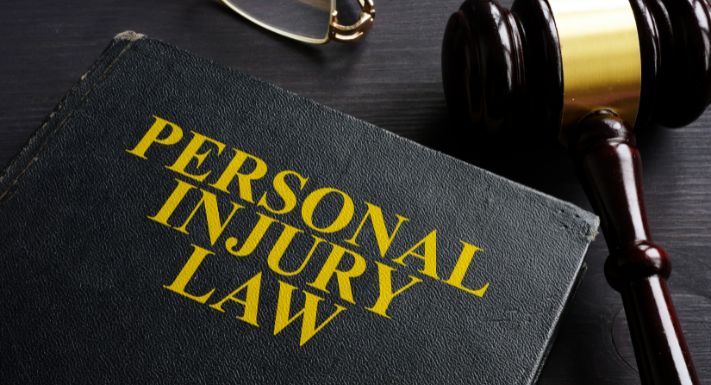
4 Times You Can Claim Emotional Distress in an Accident
February 28, 2024
How To Settle a Claim When a Minor Child Is Involved
March 19, 2024Pursuing a personal injury lawsuit can feel like venturing into uncharted territory, especially if it’s your first time suing somebody. You may be grappling with physical pain, emotional distress, and unanswered questions about the legal process ahead. What can you expect during a personal injury lawsuit?
First, know that you’re not alone in this situation. Many have walked this path before and emerged stronger, and with a talented personal injury attorney on your side, you can navigate the process with confidence.
Filing the Complaint
You initiate your personal injury lawsuit by filing a complaint with the court. In this document, you detail the facts of your case, including how you were injured, who you believe is responsible, and why. You also state what compensation you’re seeking for your injuries. The defendant then receives a copy of the complaint and has a set period of time to respond. This step marks the official start of your lawsuit.
Discovery
During this phase, both you and the defendant have the opportunity to investigate each other’s claims and defenses. You may be required to answer written questions, produce documents, or give a deposition under oath. This process allows both parties to gather the necessary evidence and information to build their cases.
Negotiation and Settlement
Many personal injury lawsuits are resolved at this stage without going to trial. During these negotiations, you—typically through your Idaho attorney—and the defendant discuss the potential for a mutually agreeable resolution. If you reach an agreement, you’ll receive your settlement and the case concludes.
Potential Trial
If you can’t reach a settlement agreement, your case proceeds to trial. Here, you present your evidence to a judge or jury, who then decides if the defendant should be held liable for your injuries. If the verdict is in your favor, the court determines the amount of compensation you should receive. Trial can be a lengthy and stressful process, but it offers the chance for a potentially higher compensation than what was offered during settlement negotiations.
As you navigate this process, remember that you are not just a passive participant; you’re the driving force behind each step. During a personal injury lawsuit, you can expect to take a journey that requires your courage, patience, and resilience. The goal of this pursuit? Justice for the harm you suffered and compensation for your pain and suffering.





